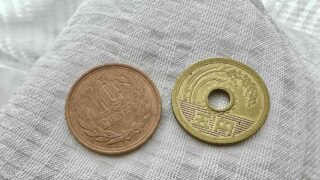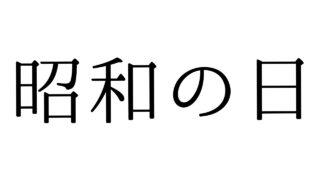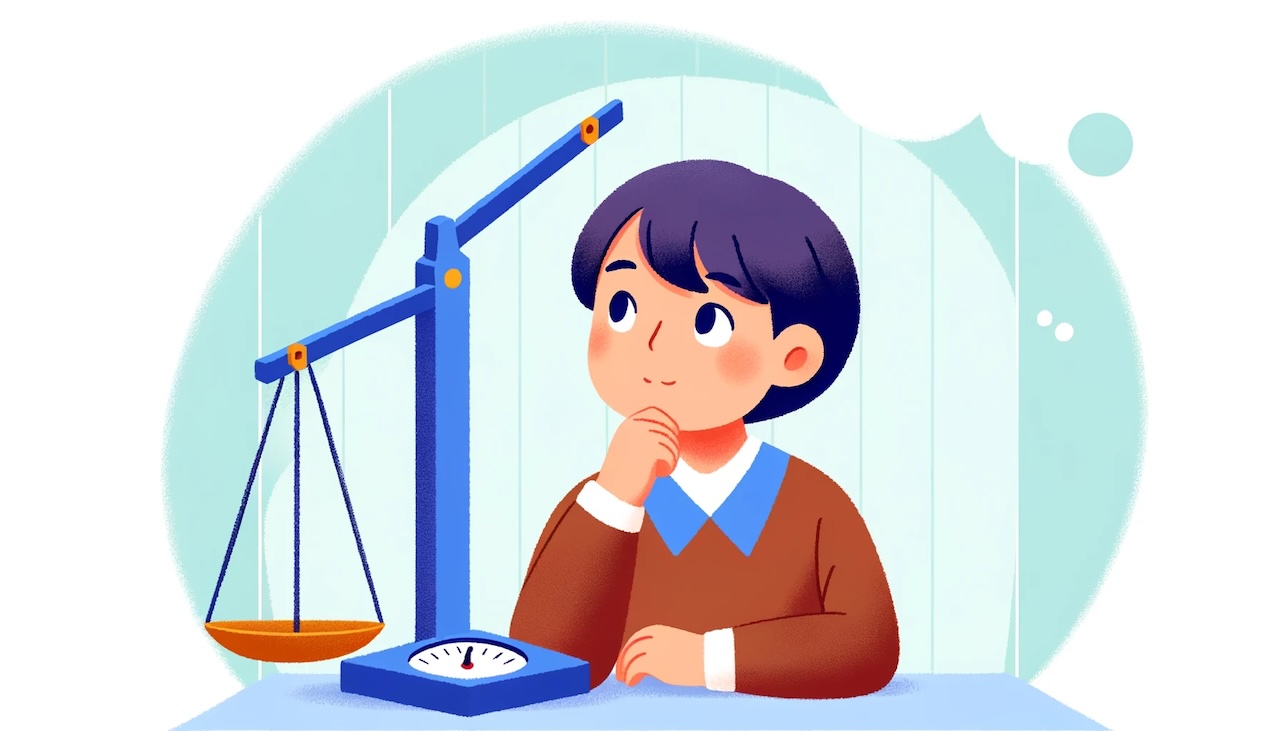You’ve probably heard phrases like “the criminal was punished” on the news or in TV shows—but what does that really mean in Japan? What kinds of punishments are there, and how do they work?
In this easy-to-understand guide, we’ll break down some of the main types of punishments used in Japan’s legal system: the death penalty, imprisonment, and suspended sentences. Whether you’re a student or just curious, this article will help you understand these important legal concepts.
The Death Penalty
The death penalty is the most severe form of punishment in Japan. It means the government legally ends a person’s life, but it is only used for the most serious crimes—usually those involving multiple deaths or extremely violent acts.
Before this punishment is decided, the case goes through a long and careful court process to make sure it’s truly necessary. Death sentences are very rare and only used when there is strong evidence and no other suitable punishment.
Imprisonment
Imprisonment means that a person who has committed a crime is sent to prison. There are two main types:
Life Imprisonment
- This is for very serious crimes, just below the level of the death penalty.
- The person stays in prison for the rest of their life, although in rare cases they may be released due to a retrial or pardon.
Fixed-Term Imprisonment
- The prison sentence has a set length, usually between one month and 20 years.
- The judge decides the length based on how serious the crime was.
- Once the sentence is over, the person is released.
Suspended Sentences
A suspended sentence is a type of punishment where the person is sentenced to prison, but doesn’t go right away.
Instead, the court gives them a “suspension period”—a set amount of time (usually 1–5 years) to stay out of trouble. If they don’t commit another crime during that time, they don’t have to go to prison at all.
This kind of sentence is often given to:
- First-time offenders
- People who show regret or remorse
- Those who committed relatively minor crimes
Example: Carlos Ghosn Case
On March 14, 2024, the Tokyo District Court sentenced Carlos Ghosn to 3 years in prison, but with a 5-year suspension.
What does this mean?
- He was officially given a 3-year prison sentence.
- However, he won’t go to prison as long as he doesn’t commit any new crimes for the next 5 years.
- If he breaks the law during that time, he will have to serve the 3 years in prison.
Why Are Suspended Sentences Used?
Suspended sentences allow people a chance to change their behavior and rejoin society without being locked up—as long as they follow the rules. It’s meant to help people learn from their mistakes and avoid future crimes.
Conclusion
In Japan, punishments can range from suspended sentences to life imprisonment, and in rare cases, even the death penalty. Each one is chosen based on the crime, the person’s history, and the impact of their actions.
Next time you hear about a court case in the news, you’ll have a better idea of what those legal terms mean—and how Japan’s justice system tries to balance punishment with fairness and the chance for rehabilitation.





















